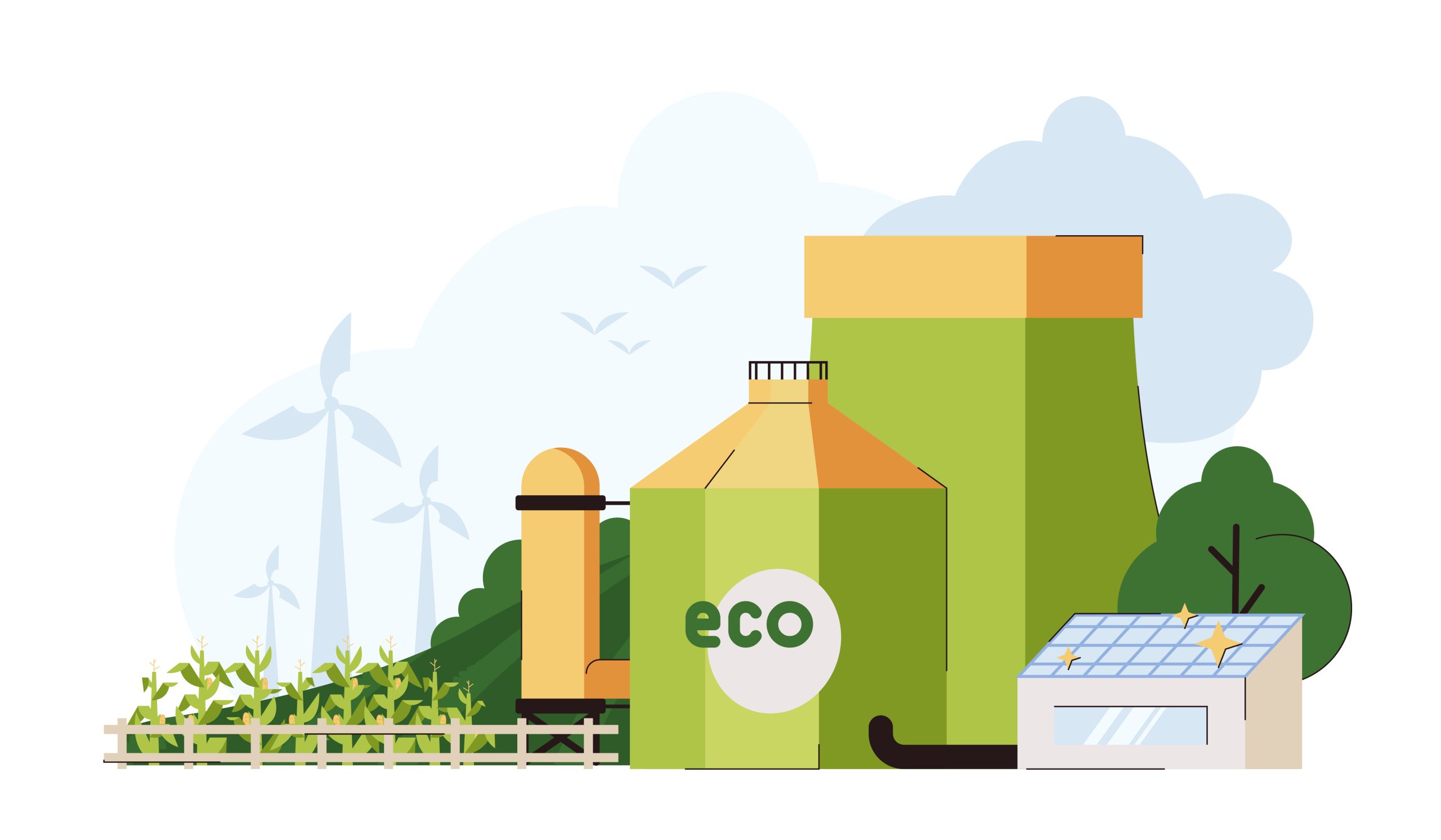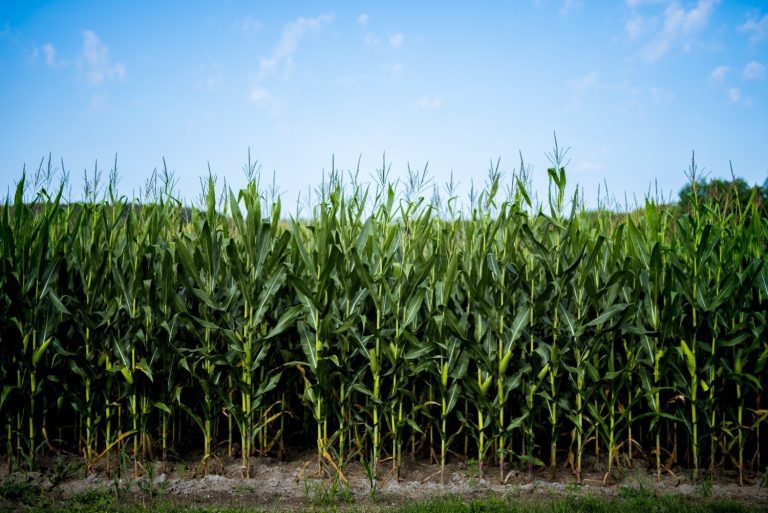Introduction
Pakistan faces a dual challenge: rising energy needs and environmental pollution. Biomass, the organic waste from crops like wheat, rice, corn, and mustard, offers a solution that’s both eco-friendly and economically practical. It’s already powering mills, heating homes, and replacing expensive fuels like diesel and coal.
1. What is Biomass?
Biomass includes agricultural by-products such as:
- 🌾 Wheat straw
- 🌽 Corn cobs
- 🌾 Rice husk
- 🌿 Mustard & sesame straw
These materials are dried, baled, and burned or converted to energy in mills and industrial boilers. Some are even turned into pellets or briquettes for cleaner, efficient use.
2. Why Biomass is the Future
- Renewable & Abundant: Pakistan produces millions of tons of straw and husk every year.
- Reduces Pollution: Instead of burning straw in open fields, using it in boilers prevents smog and air pollution.
- Energy Independence: Reduces reliance on imported fuel by powering factories and mills with local biomass.
- Supports Farmers & Rural Workers: Provides an extra income stream by turning waste into a product.
3. Environmental Benefits
- ✅ Carbon Neutral: Biomass emits CO₂ when burned, but the crops it comes from absorb CO₂ while growing.
- ✅ Prevents Landfill Waste: Using straw and husk as fuel keeps organic matter out of dumps.
- ✅ Promotes Recycling: Encourages a circular economy in agriculture—waste becomes resource.
4. Growing Demand in Northern Pakistan
At Babar Aziz Balers, we’ve seen rising demand for wheat straw in northern regions where warehouse owners store straw for seasonal use. Mills in Punjab and Khyber Pakhtunkhwa are also increasing their use of rice husk and corn cobs to power their operations in a cleaner, cheaper way.
Conclusion
Biomass is more than just an alternative fuel—it’s part of the future of Pakistan’s energy landscape. It reduces pollution, supports local economies, and helps industries grow sustainably. Whether you’re a warehouse owner, mill operator, or supplier, biomass is a smart, eco-friendly solution.




